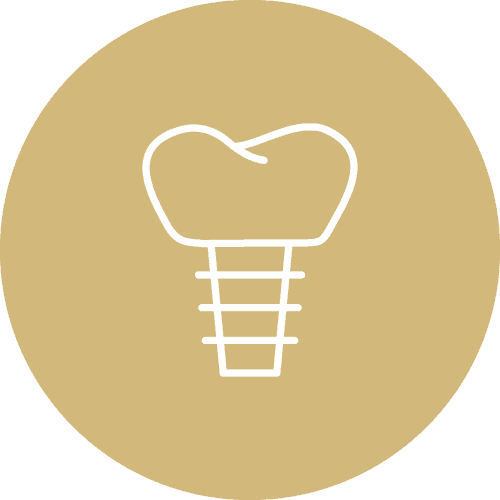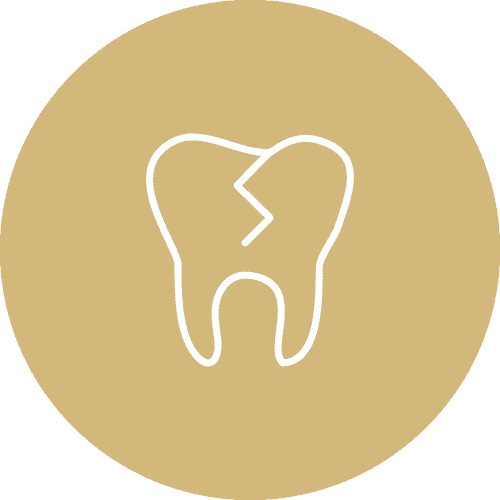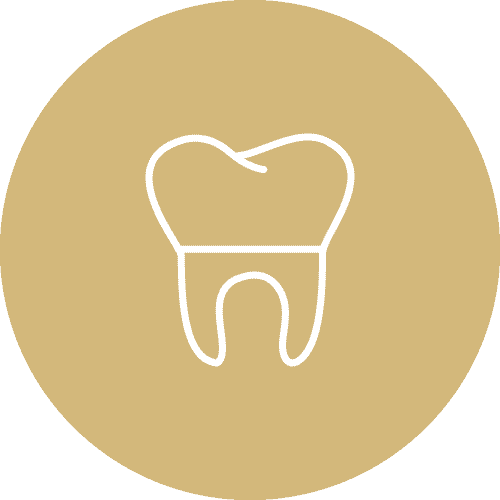How Do I Know If My Toothache Is Serious?
February 9th is Toothache Day – a day dedicated to raising awareness about the importance of dental health and the prevention of toothaches. While occasional tooth sensitivity is common, it’s essential to recognize when a toothache may indicate a more serious underlying issue. A toothache can be a nagging discomfort or an excruciating pain that disrupts your daily life. Understanding the signs and symptoms can help you determine whether it’s time to schedule an appointment with your dentist in Billings.
Intensity and Duration
One of the first factors to consider is the intensity and duration of your toothache. A mild, short-lived pain might be attributed to tooth sensitivity or a minor irritation. However, if the pain is severe, persistent, or worsens over time, it could be a sign of a more serious problem such as an infection, abscess, or decay that has reached the nerve.
Sensitivity to Temperature
Pay attention to how your tooth reacts to hot or cold substances. If you experience sharp pain or lingering discomfort when consuming hot or cold foods and beverages, it may suggest nerve involvement or enamel erosion. Sensitivity alone may not always indicate a severe issue, but when coupled with other symptoms, it’s worth investigating further.
Swelling and Redness
Inflammation is a common response to infection or injury, and the same applies to dental issues. If you notice swelling or redness around the affected tooth or in the surrounding gums, it could be a sign of an abscess, or a bacterial infection that requires prompt attention. Swelling may also be accompanied by throbbing pain and could contribute to difficulties in biting or chewing.
Pain During Chewing
If you experience sharp pain or discomfort while chewing, it might suggest an issue with the tooth’s structure, such as a crack or fracture. Biting forces can exacerbate existing problems, leading to heightened pain. Ignoring pain during chewing may worsen the condition and increase the risk of additional damage.
Prolonged Bad Breath or Bad Taste
An unpleasant taste in your mouth or persistent bad breath, despite maintaining good oral hygiene, may be linked to an infected tooth. Bacterial growth in a decaying or infected tooth can produce foul-smelling gasses, contributing to these unpleasant symptoms. If bad breath persists even after regular brushing and flossing, it’s crucial to see your dentist in Billings as soon as you can.
Pain that Radiates
Pain from a toothache may not always be localized to the affected tooth. If you experience radiating pain, meaning discomfort extending to nearby areas such as the jaw, ear, or head, it could indicate a more complex issue. This type of pain may suggest a spreading infection or an advanced dental problem requiring immediate attention.
While some toothaches may resolve on their own or lessen with over-the-counter pain relievers, it’s essential to recognize when you should call your Billings dentist. Ignoring or delaying treatment for a serious toothache can lead to complications, including the spread of infection, tooth loss, or damage to surrounding tissues.
Regular dental check-ups and maintaining good oral hygiene practices can help prevent the development of serious dental issues. Remember, your dental health is a crucial component of your overall well-being, and addressing toothaches promptly ensures a healthier, pain-free smile.










